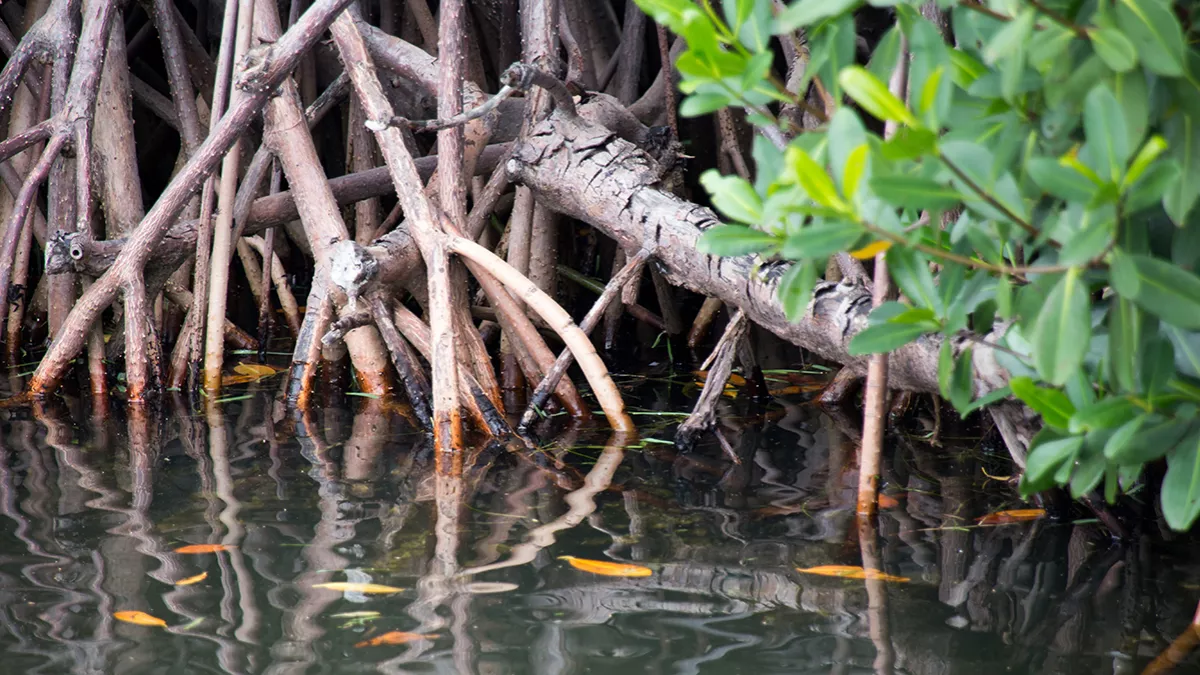UAE endorsed the Mangrove Breakthrough aiming to restore and protect 15 million hectares of trees globally by 2030
21 Sep 2023
News
The Mangrove Breakthrough, which seeks to save and protect 15 million hectares of trees worldwide by 2030, has received support from the UAE. Only 14 million hectares, or 50%, of the original area of mangroves remain in the globe today. At COP28, the UAE has also planned a high-level ministerial on mangroves that would bring together governments and partners from the scientific community, charity, civil society, and financial institutions. The goal is to scale up and speed up mangrove ecosystem conservation and restoration indefinitely.
The main goals of the Mangrove Breakthrough, a joint initiative of the Global Mangrove Alliance (GMA) and the UN Climate Change High-Level Champions, are to stop losses, restore half of the recent losses, double the protection of the trees on a global scale, and call for an investment of $4 billion by 2030 to conserve and revitalise ecosystems.
The programme is an essential component of the Sharm El Sheikh Adaptation Agenda, which aims to speed up efforts to build resilience in vulnerable communities throughout the globe. The Race to Resilience project aims to increase resilience among four billion people by 2030—nearly half of the world's population.
On December 9, the minister also announced the Mangroves Ministerial and welcomed all participants. The 'Nature, Oceans and Land Use Day' at COP28 will be jointly hosted by the Mangrove Alliance for Climate, the Global Mangrove Alliance, the UN High-Level Champions (stewards of the Mangrove Breakthrough), and the COP28 Presidency. It will honour the UAE's pledge to the United Nations Convention on Biological Diversity made at the COP15 in Montreal last December. The main event, which will focus on achieving the 30x30 goals of the Global Biodiversity Framework (GBF), will serve as an informal stocktake on the implementation of the GBF one year after its adoption.
By 2030, the UAE wants to grow 100 million plants nationwide. Additionally, in order to exchange best practises, carry out collaborative research, and carry out marine conservation initiatives, the nation has partnered with international agencies, NGOs, and other nations. Mangrove forests only make up 0.1% of the area of the world, yet they have a tenfold greater capacity to store carbon per hectare than terrestrial forests.
